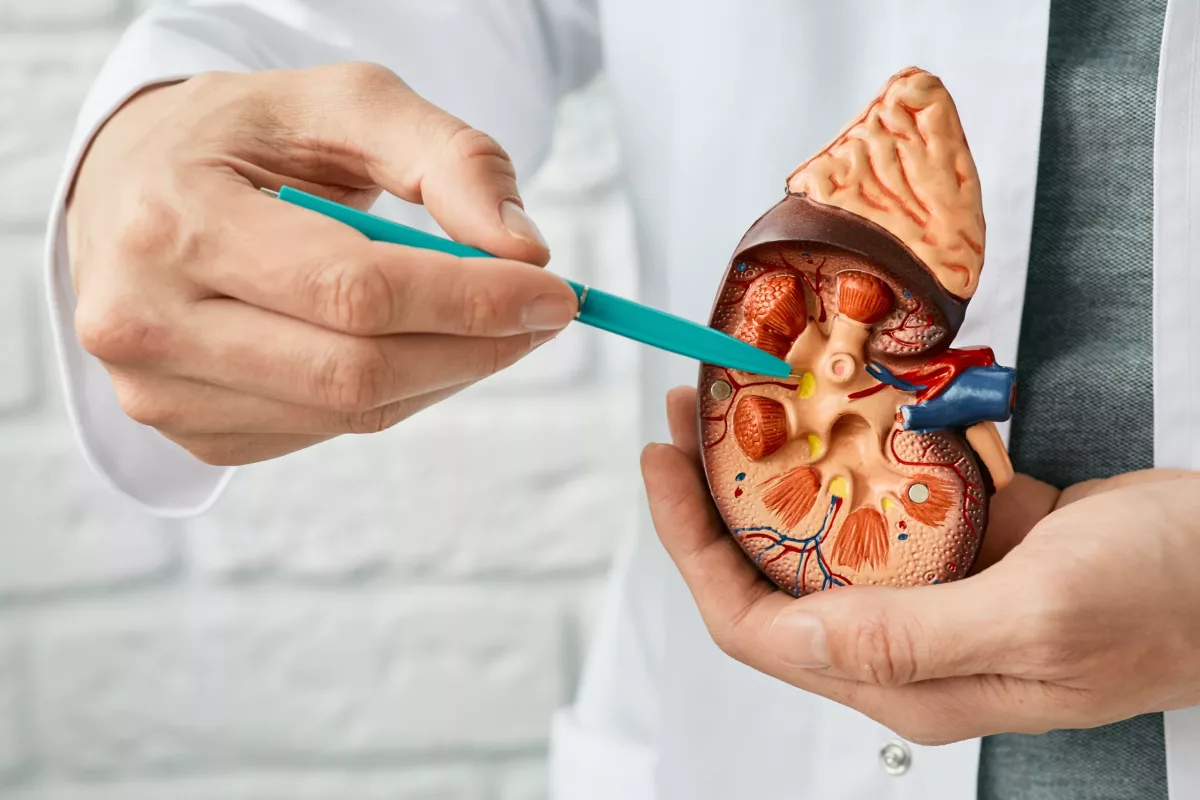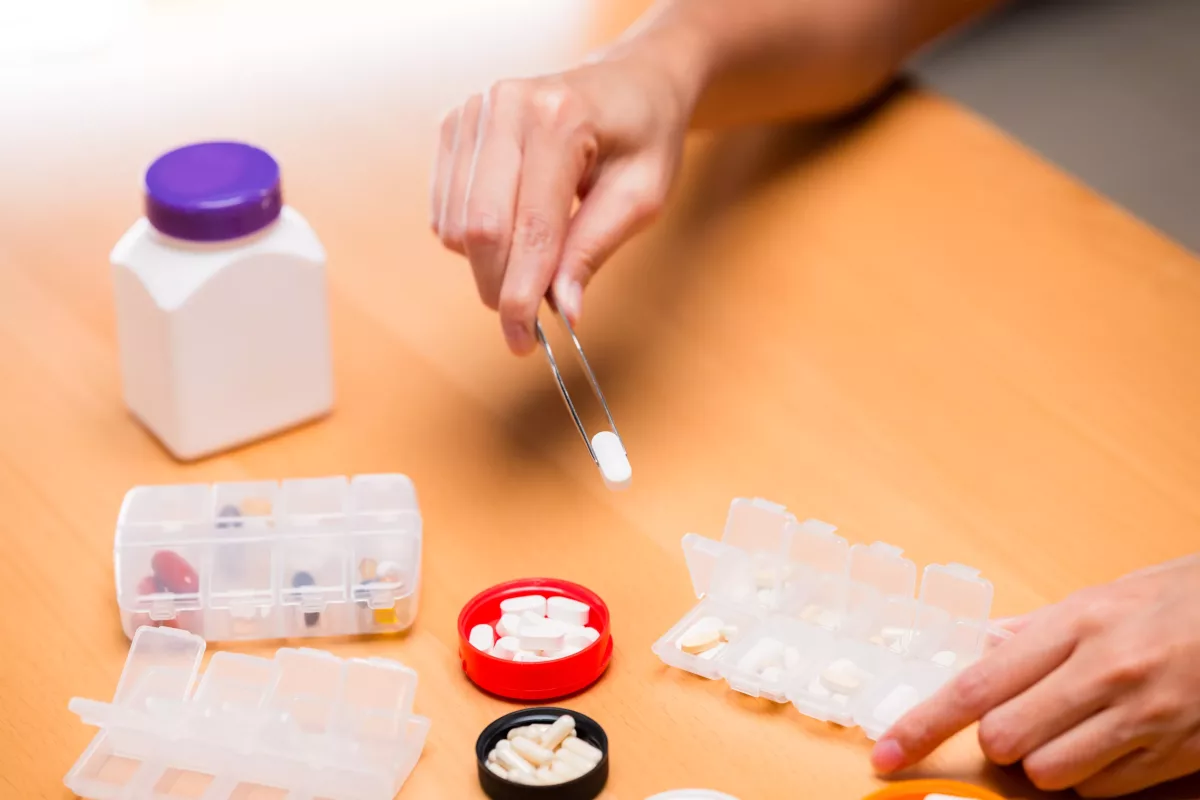A type of cancer that develops quite rarely and affects the urethra is called urethral cancer. While experts do not fully understand why it happens, they think there is a connection between chronic (long-term) inflammation in the urethra and this type of cancer. The most common treatments recommended for people with urethral cancer include surgery, chemotherapy, and radiation therapy. However, other treatments are also available.
People with urethral cancer begin to develop a malignant (cancerous) tumor in the urethra’s tissues. Generally, the urethra is the tube that carries urine from the bladder out of the body.
In men, the urethra is 8 inches long and passes through the prostate and penile to the outside of the body. Moreover, it also carries semen and sperm out of the body. In women, the urethral has 2 inches long and it is located above the vagina within the labia.
This cancer occurs quite rarely. For instance, in the U.S. were only 1,615 cases of urethral cancer between 1973 and 2002, which means that all diagnosed urethral cancers account for less than 1% of all cancers.
Types of Urethral Cancer
Healthcare professionals have divided urethral cancer into several types. These include:
- Transitional (urothelial) cell carcinoma – This type often forms in the part of the urethra that is near the bladder. While it is the most common type of urethral cancer, it is the same kind of cancer as bladder cancer.
- Squamous cell carcinoma – In most cases, it forms at the end of the urethra in men and near the vagina in women. Moreover, it is the second most common type of urethral cancer.
- Adenocarcinoma – It develops in glands near the urethra, and it is the most common type of urethral cancer in the pockets (outpouchings) in the urethra (urethral diverticulum).
Symptoms
Most people who develop this cancer type do not have symptoms in the early stages of the condition. When they occur, you may experience the following symptoms. Examples include:
- Hematuria (blood in the urine)
- Interrupted or weak urine stream
- Pain during urination
- Frequent urination
- Enlarged lymph nodes
- Urethral discharge (white, clear, or off-white fluid that comes out from the urethra)
- Perineum (a lump or thickness in the penis or the area between the genitals and rectum)
If you experience any of the previous symptoms, immediately visit a doctor.
Risk Factors
Nowadays, healthcare providers do not fully understand why this type of cancer occurs. Some of them think it happens due to chronic inflammation (swelling) or infection in the urethra. However, physicians have identified some factors that could increase your risk of developing urethral cancer. Check below some examples:
- Smoking
- Human papillomavirus (HPV)
- Sexually transmitted infections (STIs)
- Urethral stricture, caruncle, or diverticulum
- Long-term use of catheters that help drain urine from the bladder (also known as indwelling catheterization)
- Age – People over 60 years old are more likely to develop this type of cancer.
- Race – Black people are more prone to develop urethral cancer
- A family history of bladder cancer
- Sex – Males are at increased risk of developing this type of cancer compared to females.
- Frequent urinary tract infections (UTIs)
Complications
Those who develop this type of cancer may also experience some complications, especially if they do not get treatment. Check below some complications of urethral cancer:
- Urethral retention or incontinence (inability to fully empty the bladder or involuntary leakage of the urine)
- Fistula (this is an abnormal connection between the urethra and bladder)
- Frequent urination
- Metastasis (in such cases, the tumor breaks and spreads to other parts of the body, such as the bones, lungs, liver, and others)
- Bleeding
- Infections
- Kidney function problems
This document does not contain all possible complications of urethral cancer. However, you can talk with your physicians about ways to reduce the risk or prevent complications of this condition.
How to Prevent Urethral Cancer?
Check below some tips that may help prevent urethral cancer:
- Practice safe sex – It is advised to use condoms or dental dams during sexual activity to prevent sexually transmitted infections (STIs), which are a risk factor for urethral cancer.
- Quit smoking – If you face problems with smoking cessation, it is advised to discuss it with your healthcare professional.
- Good hygiene – It is very important for women to wipe from front to back after urinating or having a bowel movement because it helps prevent UTIs. Regularly change the pads, tampons, or other hygiene products if you are menstruating.
Diagnosis
Usually, the diagnosis of urethral cancer begins with a physical examination and questions about the symptoms and medical history. Physicians may also ask some questions about your family history. However, to confirm the condition, they often perform some tests. These include:
- A pelvic examination – During this procedure, doctors will examine the cervix, uterus, vagina, fallopian tubes, ovaries, bladder, and rectum for tumors.
- Digital rectal examination – This test involves an examination of the rectum and anus for irregularities linked to the disease.
- Blood tests – These tests are done to check for kidney function, blood cell levels, and others.
- Urinalysis – This test involves a sample of urine to check for sugar, protein, and blood cell levels.
- Urine cytology – It also involves a urine sample to examine for cancer cells.
- Cystoscopy – During this test, doctors will use a long, thin, and lighted tube to examine the urethra up to the bladder.
- Ureteroscopy – This test is also used to examine the kidneys, ureters, and urethra for abnormalities linked to urethral cancer.
- A CT (computerized tomography) scan – This is an imaging test used to get cross-sectional images of the urinary system. It may help identify the exact location and size of the tumor.
- Biopsy – This test involves the removal of a small sample from the affected area of the urethra, bladder, or prostate for testing. It helps identify cancerous cells and confirm the condition.
Treatment
The treatment for people who develop urethral cancer is often different because it depends on some factors. For example, the affected part of the urethra, whether cancer spreads or not, biological sex, overall health, age, and preferences. Check below the most common treatments recommended for people with urethral cancer:
- Surgery – This is usually the primary treatment for urethral cancer, and it is used to remove the tumor. In some cases, surgeons may also remove the nearby tissues or organs including the bladder, urethra, prostate, lymph nodes, vagina, or penis.
- Radiation therapy – This treatment uses powerful energy beams to destroy cancer cells. However, the energy often comes from X-rays, protons, or other sources. Sometimes, physicians may prescribe radiation therapy along with chemotherapy.
- Chemotherapy – This option involves strong medicines that help kill cancer cells throughout the body. Doctors usually recommend it before surgery (to shrink a large tumor), after surgery (to destroy cancer cells that may remain even after surgery), or in advanced cases (when the cancer spreads to other parts of the body). These medicines are often given to patients intravenously (IV). However, a pill form is also available.
Home Remedies
There are some home remedies and lifestyle changes that may help reduce adverse reactions to urethral cancer treatments. For example:
- Regularly perform physical exercises (you should aim for at least 30 minutes of physical exercise per day)
- Limit or avoid alcoholic drinks
- Try to get and maintain a healthy weight
- Add more fresh fruits and vegetables to your diet
Frequently Asked Questions
Is urethral cancer curable?
Usually, it takes a long time to make sure this type of cancer will not return. It often involves regular checkups and testing. For more details, discuss it with your healthcare professional.
When should I see a healthcare provider?
Immediately see a doctor if any of the following symptoms occur. Examples include:
- Severe headaches
- High fever (more than 101 degrees F or 38 degrees C)
- Chills
- Persistent cough
- Shortness of breath
- Sudden weight loss
- Severe vomiting
What is my life expectancy if I have urethral cancer?
Generally, it is difficult to determine the survival rates because this type of cancer happens quite rarely. Some recent studies have shown that the average survival rate for urethral cancer is about 4 years. However, the 5-year survival rate after diagnosis is about 46% and the 10-year survival rate is approximately 31%.
Is urethral cancer fatal?
Sometimes, this type of cancer can be fatal, especially when the tumor breaks and spreads to other structures and organs in the body. Ask your healthcare provider if you have additional questions.




